Theatres have taken to the internet like never before. Recorded performances are being made available over the web, many for free. Getting Better Slowly is about a dancer, Adam Pownall, who spent two years fighting Guillain-Barré syndrome. This lucid and enjoyable show (recorded at Lincoln Drill Hall) now looks horribly topical. A young artist, paralysed by a mysterious disease, refuses to surrender and eventually reclaims his vigour and his ability to communicate. That could stand for the profession as a whole.
Hampstead Theatre offers a slate of three recorded plays. (Wild and Wonderland were reviewed in The Spectator on 30 June 2016 and 12 July 2014 respectively). Drawing the Line is about Cyril Radcliffe, the public official charged with overseeing the partition of India in 1947. He had no qualifications for the task and was ordered to separate the intermingled Hindu and Muslim populations in just six weeks. Howard Brenton’s absorbing and meticulously researched play develops into a series of entertaining vignettes. Attlee is shown as a self-satisfied ideologue determined to lift ‘the burden of colonisation’ even if it costs lives. ‘As socialists that is our duty. Of course it will be bloody.’ Edwina Mountbatten (Lucy Black) behaves like a giddy schoolgirl with a mad crush on the headmaster’s son. ‘I’ve fallen in love with you,’ she pants at Nehru, ‘and you are India.’ The middle-aged couple play the affair for laughs and rush off hand in hand for a quickie in a broom cupboard at the Viceroy’s residence.
The portrait of Nehru (Silas Carson) shows him as a super-smooth political operator who conceals his anti-British sentiment beneath a veneer of erudition. During the talks, he flaunts his knowledge of Blake but in private he reflects darkly: ‘I quote their poets at them, and I smile and swallow my nausea at their ignorance.’ Paul Bazely plays Jinnah as a tortured ascetic who likes whisky but loathes the culture that introduced him to it. ‘Allah protect us,’ he yells when he learns that the colonists plan to ‘take a meat cleaver to our country’. And he offers this astute analysis of Britain’s preference for Hinduism over Islam. ‘The British will always favour the Hindus. They think their religion is pretty.’ The character of Gandhi (Tanveer Ghani) is disappointing, a detached and cryptic presence without eloquence or charisma.
Andrew Havill’s Mountbatten starts off as a mischievous, fun-loving charmer. ‘They call me the master of disaster in the navy.’ Posing for a cameraman with Edwina he offers her Noël Coward’s advice. ‘When being photographed one should say “lesbian nuns”.’ As the play progresses, he stiffens and turns into a pompous Little Englander. ‘Don’t flirt with things Indian,’ he tells Radcliffe. ‘Too many come out here and get thoroughly rogered by this country’s culture.’
The central figure of Radcliffe (Tom Beard) is an unlikely hero. He spent the war at the Ministry of Information making films about egg-free custard for house-wives. Before arriving in India he had never set foot outside Europe but he immersed himself in Hindu culture and started to read the Bhagavad Gita for inspiration. When he returned to England he was appalled by the carnage his work had unleashed. He refused to accept his fee and burned his entire collection of maps and papers. This fire provides the closing symbol of a continent engulfed by flames.
Hampstead’s recording, professionally cut and edited, was livestreamed on the final night of the run in January 2014. The theatre chose not to broadcast earlier performances for fear of hurting the box-office. But that anxiety was always misplaced. People visit the theatre because they want to experience a live event. An audience of web-viewers, many of them overseas, have different motives. By not offering Drawing the Line to internet-users, Hampstead was depriving itself of a potentially huge worldwide audience. A small charge might have been made as well. The territories that formed the British Raj are now occupied by 1.6 billion souls. If just one in 10,000 of those people had paid 50p to watch this play, the return would have been £80,000.
This now looks like an irresistible opportunity. Thanks to the virus, every playhouse in Britain must realise that they can reach global audiences via the web and recoup handsome revenues. They have the entire canon of English drama at their disposal. And they’ll benefit from the enormous prestige that British theatre enjoys around the world. Artistic directors who exploit this market will respond to commercial reality and they’re likely to produce popular hits rather than the sort of tricksy piffle favoured by Arts Council busybodies. If a small outfit like Hampstead were to build a global pay-per-view audience it could dispense with public funding for ever.
A revolution is at hand. If I had eight million quid in my back pocket, I’d build a brand new playhouse with the precise goal of creating a theatrical Netflix.
Got something to add? Join the discussion and comment below.
Get 10 issues for just $10
Subscribe to The Spectator Australia today for the next 10 magazine issues, plus full online access, for just $10.
You might disagree with half of it, but you’ll enjoy reading all of it. Try your first month for free, then just $2 a week for the remainder of your first year.

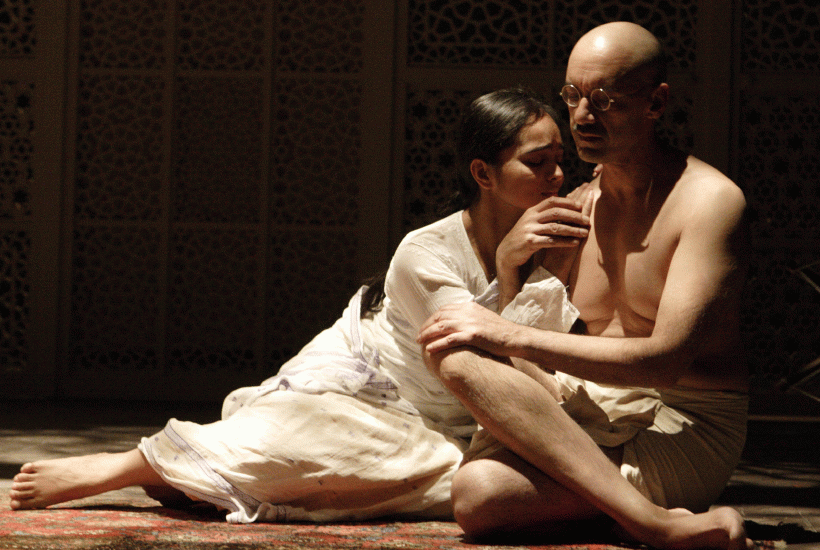
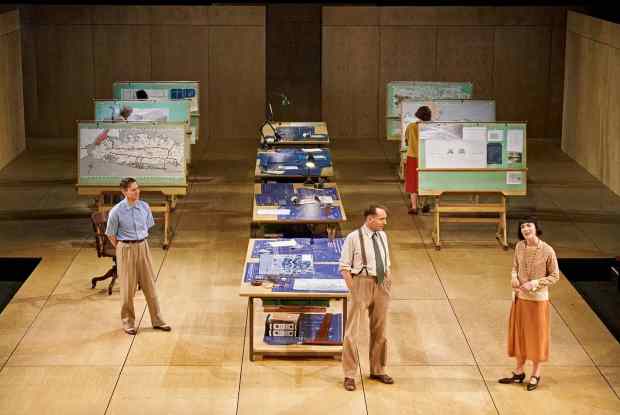
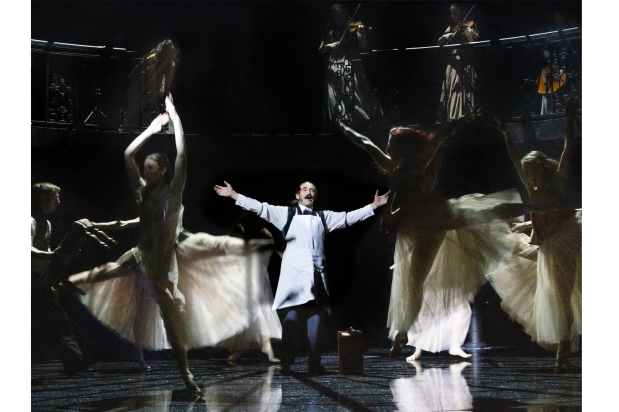
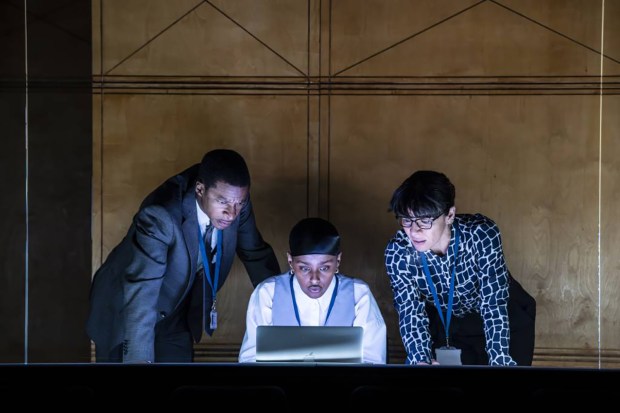
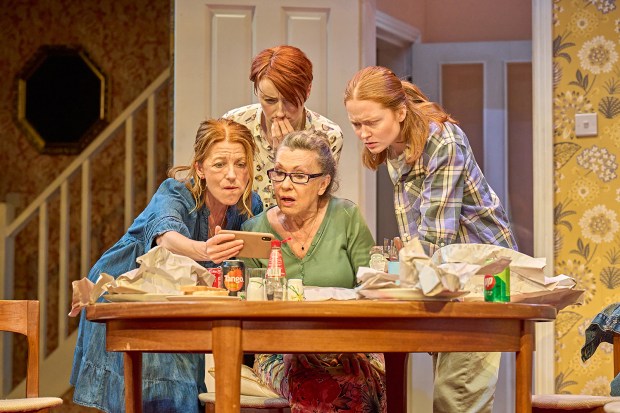

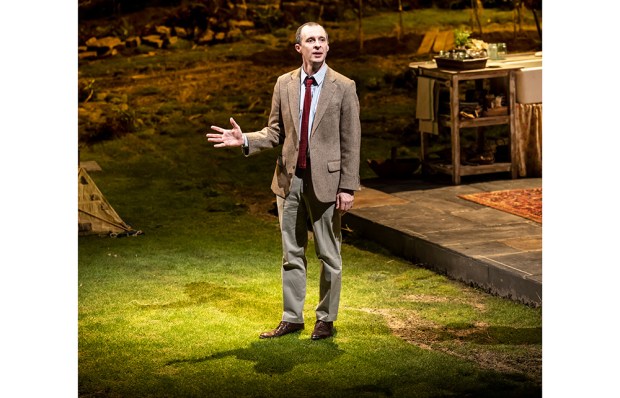






Comments
Don't miss out
Join the conversation with other Spectator Australia readers. Subscribe to leave a comment.
SUBSCRIBEAlready a subscriber? Log in